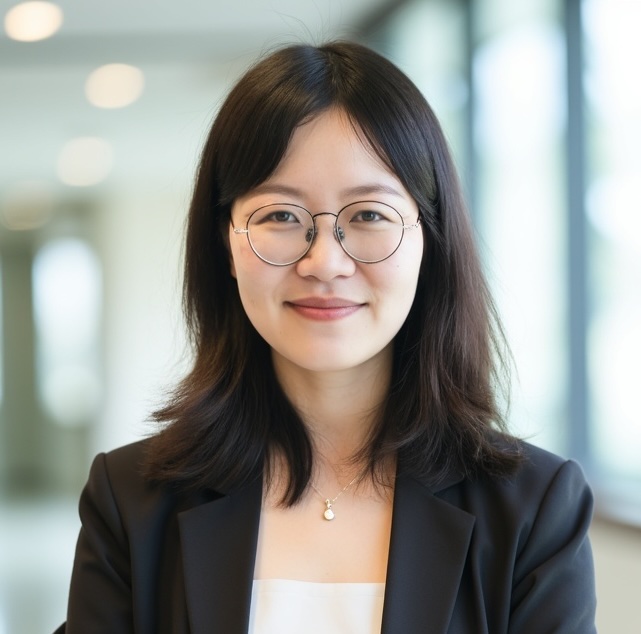
Xin Zhou, Ph.D.
The cell surface is the central hub of biological processes, transducing information from the cell’s surroundings to enable dynamic and specific responses to their local environment. Myriad human diseases result from the dysregulation of extracellular and membrane signal perception and regulation. Our research bridges the disciplines of biomolecular engineering, chemical biology, cancer biology, and immunology to understand how different cell signaling components are precisely regulated at the cell surface and coordinated in space and time to achieve functional specificity, and how these processes are altered in diseases. By studying cancer and immune cells through a protein engineering and synthetic biology lens, our research facilitates the construction of precise spatiotemporal maps of cell signaling pathways in living cells, and establishes new pharmacological methods for therapeutic control of cell function and fate. Our lab provides an ideal environment for students and fellows interested in applying molecular engineering principles to address complex problems in human health.
Dr. Xin Zhou received her Ph.D. in 2017 from Stanford University with Dr. Michael Lin, where she developed approaches for optogenetic control of kinases and enzymes to spatiotemporally link protein function to signaling outcomes. She then completed a postdoctoral fellowship with Dr. James Wells at UCSF, where she studied biotherapeutics engineering, cancer biology, and immune engineering. Dr. Zhou joined the faculty at Harvard Medical School in 2022. Her lab develops protein engineering technologies to elucidate cancer and immune signaling mechanism and to engineer self-regulated antibodies, enzymes, and cells for therapeutic reprogramming of disease. She is a recipient of the V Foundation Women Scientists Innovation Award for Cancer Research, NIH Director's New Innovator Award (DP2), Damon Runyon–Dale F. Frey Award for Breakthrough Scientists, Helen Gurley Brown Foundation Trailblazer Award, MIT Technology Review Innovators Under 35 (China region), PEGS Protein & Antibody Engineering Summit Young Scientist Keynote Award, and the NIH K99/R00 Pathway to Independence Award.